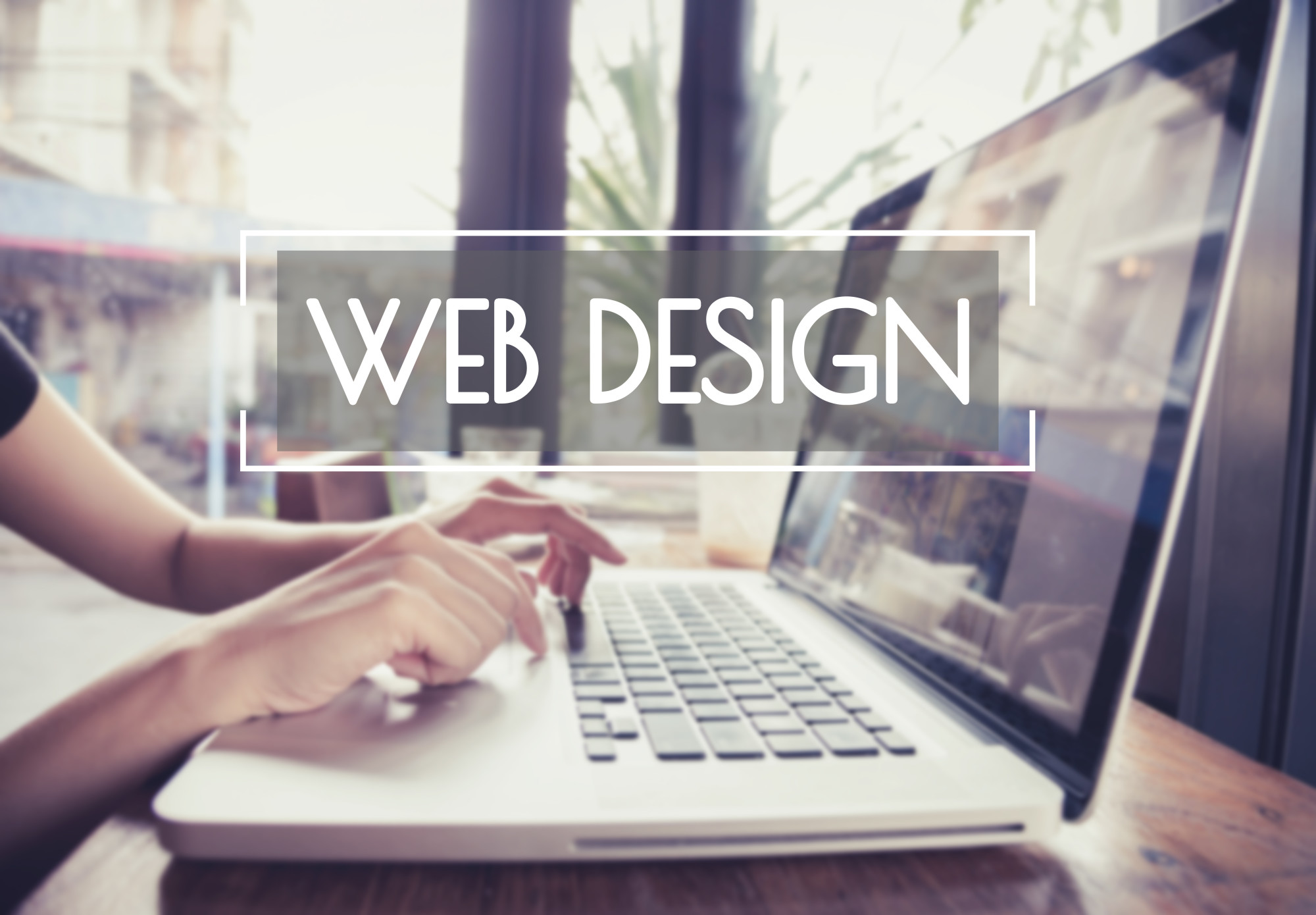Digital jobs are taking over the world, and more people see prospects there every day. One of the most significant benefits of such jobs is that they suit any working format, from full-time in-house to freelance. No wonder many professionals are freelancing without the thought of returning to the office. A career as a website designer is a popular choice for those who want to work remotely, and starting a solo freelance career may promise more prospects than traditional work formats.

Why Go Freelance?
• No need to commute to work and dedicate additional time to that;
• No limits on how much one can earn, as it depends on the tasks one commits to;
• No working hierarchy, as the freelancer is self-employed;
• Free schedule: you can decide how many hours per day you want to work;
• A unique self-management experience: for a successful career, one needs to learn managerial and design skills.
No need to be a coder to freelance, as it is a space for creative professions too. If you want to be a freelance web designer, follow the tips below. If you need to focus on designs and look for clients, you can always find freelance writers for the content of your websites online. Just check more info and easily find the perfect professional for your website.
Tips for Making a Freelance Website Design Business
Whether learning web design as a new skill or having worked in the office for a while, check out these tips for elevating your business.
Gear up for Freelance Work

If you work in an office, the company usually provides all the necessary hardware for efficient work in their team. However, if you decide to be your boss, the hardware is also on you. Quality devices and arranged workspace are necessary for productive freelance and satisfied clients. Plus, the work must be comfortable for you, so it is worth setting it up well. So, what are the freelance essentials for a web designer?
• Comfortable workspace. You will spend most of your working time at your desk, so this spot must be convenient and ergonomic. It is important to have a dedicated workspace specifically, as if you mix it with the leisure areas, and it will impact the quality of work you deliver.
• A powerful laptop. Design tasks need specific software, and a designer must be able to run all the programs required without lags. So make sure you have a computer that can run all the website design software you need in your work.
• Stable internet connection. A lot of tools designers use now online, so having connections is a must for completing tasks and communicating with clients.
Create Your Website
Every freelance creative needs a portfolio to refer to. If you are designing websites, the best portfolio will be your website. Demonstrate your designing skills and their variety right there. You can add pages with different styles or types of assignments that you have completed. Do not forget to include your short bio and list the kinds of projects you can handle. Make the website speak for itself.
Some website builders have a feedback feature or a contact form so that you can convert visitors into clients right on the spot.
Elaborate a Detailed Pricing for Your Services
Starting a freelance business may seem tougher than getting a regular job, as all the preparations are made ahead, and you do not have to calculate your salary every time. However, a freelancer must take some time and think about how much they will charge their clients for the different requests.
If you have a detailed pricing list, it will simplify calculating the final charge. Collaboration with you will also be more understandable and predictable for the client, as they can refer to pricing before requesting your services.
Figure the Way of Getting Paid
The payment method is another thing freelancers must take care of independently. Choose a service or a platform that will be easy for the client to use. For example, if you start your career on a freelance jobs website, the payment system will be offered to you. However, if the customers come from your website or social media, you need to provide them with a convenient, secure, and transparent method to pay for your services.
Get Yourself out There
Many freelancers start their solo path on freelance job boards. It is a great platform to find clients, as you can make them your regulars. Take some time to complete your profile and get references from your previous work if you have some.
Once you complete your freelance designer profile, look for the available tasks. You will discover that tasks are difficult to get, especially for a new account. That is why a web designer must actively reach out to potential clients.
Promote Your Brand on Social Media
You can turn your social media into another platform to look for clients. Naturally, it is not a freelance board but a great complement to your portfolio. Using social media as a medium, you can just share images from your work there and thus gain followers.
Another thing you can do on social media is promote your brand by communicating expertise. For example, post tips and hacks for designers, collect random mood boards, and discuss trends. Then, when your potential clients see your social media profile, they will have no doubts about your professionalism.
***
Starting a freelance business may be tough at the start. There is no one above you, and it may be confusing for a bit. However, if you make all the preparations and go out there, you will find your first clients sooner or later. When you do, there are all the chances of making them regulars and getting positive references that will expand the client base. Then, you will see all the benefits of freelance work.




